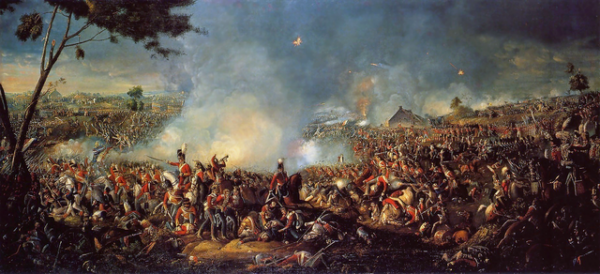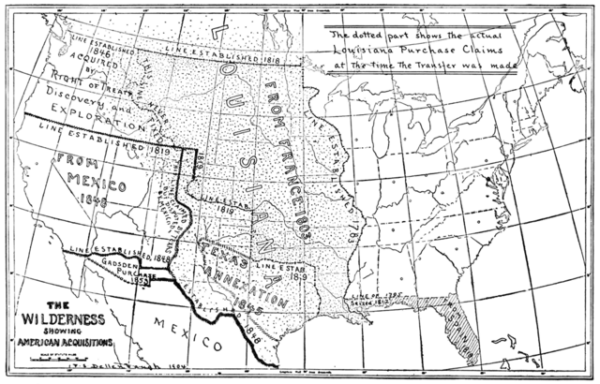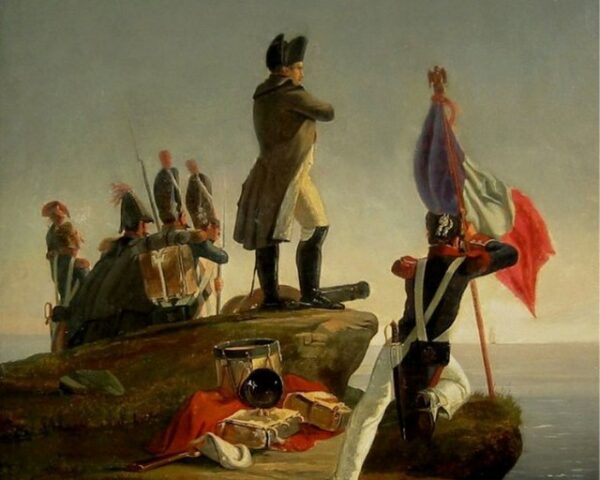The Battle of Waterloo, fought on June 18, 1815, stands as one of the most significant and decisive engagements in European history. This monumental clash marked the end of the Napoleonic Wars and served as the final defeat of Napoleon Bonaparte. The battle took place near the small Belgian town of Waterloo, approximately 15 kilometers south of Brussels, and involved a coalition of forces led by the Duke of Wellington and the Prussian Field Marshal Gebhard Leberecht von Blücher against Napoleon’s French Army.
The context leading up to the Battle of Waterloo is crucial to understanding its significance. After escaping from exile on the island of Elba in March 1815, Napoleon returned to France and quickly regained power, initiating the period known as the Hundred Days. The European powers, wary of Napoleon’s resurgence, formed the Seventh Coalition, comprising the United Kingdom, Prussia, Austria, Russia, and several other states. Their objective was to defeat Napoleon once and for all and restore the Bourbon monarchy in France.
On the morning of June 18, 1815, the stage was set for a confrontation that would determine the fate of Europe. The battlefield was a patchwork of rolling hills, farms, and small villages, with the Anglo-allied forces under Wellington positioned on a ridge known as Mont-Saint-Jean. Wellington’s army was a diverse coalition, including British, Dutch, Belgian, and German troops. To the east, Blücher’s Prussian forces were marching to join the fray, having been engaged by the French at Ligny two days earlier.
Napoleon, confident in his tactical prowess, sought to divide and conquer the coalition forces before they could fully unite. His strategy hinged on defeating Wellington’s army before the Prussians could arrive. The battle commenced with a French artillery bombardment, followed by a series of infantry and cavalry assaults aimed at breaking the Anglo-allied lines. Despite initial successes, the French were unable to dislodge Wellington’s troops, who held their ground with remarkable courage.
A critical moment in the battle occurred in the early afternoon when Marshal Michel Ney, one of Napoleon’s most trusted commanders, launched a massive cavalry charge against the allied center. This audacious maneuver, however, was poorly coordinated and ultimately repelled by Wellington’s well-prepared infantry squares. The failure of Ney’s charge marked a turning point, depleting the French cavalry and leaving Napoleon vulnerable to counterattack.
As the day wore on, the Prussian forces under Blücher began to arrive on the battlefield, attacking the French right flank. The combined pressure from Wellington’s resilient defense and Blücher’s relentless assault began to overwhelm the French army. Napoleon, recognizing the dire situation, committed his elite Imperial Guard in a last-ditch effort to break the allied lines. This final gambit, however, was met with fierce resistance and ultimately failed, leading to the disintegration of the French forces.
By the evening of June 18, the battle ended with a decisive victory for the coalition. Napoleon’s army was in full retreat, and the once-invincible emperor was forced to abdicate for the second time, eventually surrendering to the British and being exiled to the remote island of Saint Helena, where he would spend the remainder of his life.






